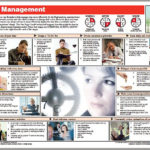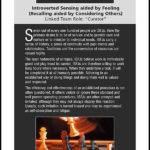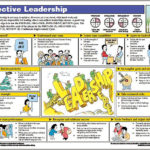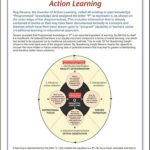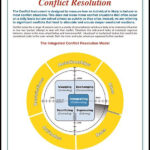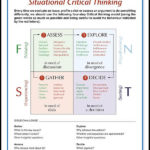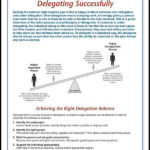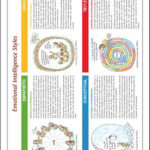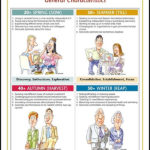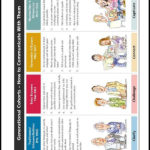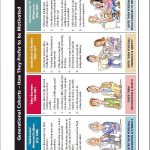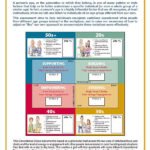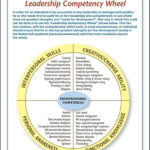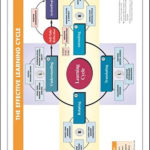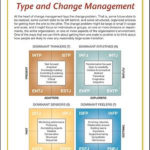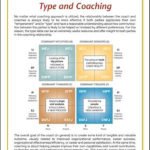Training Handouts
Showing 1–15 of 26 results
-
Action Learning: Training Handout (PDF)
Training Handouts $1.98 GST IncludedA simple graphical model to illustrate the Action Learning concept developed by Reg Revans. eResource
-
Conflict Resolution: Training Handout (PDF)
Training Handouts $1.98 GST IncludedA two page handout which presents a Conflict Resolution Style model taking into account both the individual’s response and the situation or context in which the conflict arises. eResource
-
Critical Thinking: Training Handout (PDF)
Training Handouts $1.98 GST IncludedThe critical thinking model has four phases. These are gather, assess, explore and decide. These phases are fully described on the hand-out with more definitional terms included on the reverse side. eResource
-
Delegation: Training Handout (PDF)
Training Handouts $1.98 GST IncludedA simple model suggesting that a 5 stage sequence can be followed in order to maximize the chances of delegation success …..
-
Emotional Intelligence Styles: Training Handout (PDF)
Training Handouts $1.98 GST IncludedThis model has four Emotional Intelligence styles which are briefly explained in this 2-page document. Each of the styles are illustrated in summary form with cartoons on the reverse side of the page. eResource
-
Generational Characteristics: Training Handout (PDF)
Training Handouts $1.98 GST IncludedDescribes with cartoon icons the general preferences of each of the 4 generations currently in the workplace. These are the Traditionals (born 1945 or earlier ), Baby Boomers (1946 – 1964), Gen X (born 1965 – 1981 ) and Millennials (born 1982 – 1997)
-
Generational Communication Preferences: Training Handout (PDF)
Training Handouts $1.98 GST IncludedDescribes with cartoon icons the communication preferences of each of the 4 generations currently in the workplace. These are the Traditionals (born 1945 or earlier ), Baby Boomers (1946 – 1964), Gen X (born 1965 – 1981 ) and Millennials (born 1982 – 1997). eResource
-
Generational Core Values: Training Handout (PDF)
Training Handouts $1.98 GST IncludedDescribes with cartoon icons the general preferences of each of the 4 generations currently in the workplace. These are the Traditionals (born 1945 or earlier ), Baby Boomers (1946 – 1964), Gen X (born 1965 – 1981 ) and Millennials (born 1982 – 1997)
-
Generational Leadership Style: Training Handout (PDF)
Training Handouts $1.98 GST IncludedDescribes with cartoon icons the motivational preferences of each of the 4 generations currently in the workplace…..
-
Generational Styles Assessment: Training Handout (PDF)
Training Handouts $1.98 GST IncludedThus 2 page handout describes with cartoon icons the framework for the generational styles assessment which measures the 4 generations currently in the workplace……
-
Goal/Objective Setting: Training Handout (PDF)
Training Handouts $1.98 GST IncludedThis model has seven competencies which also measured by the goal/objective-setting effectiveness profile available from ResourcZone (as a downloadable paper-based product) The seven competencies are briefly explained on the reverse side of the page. eResource
-
Leadership Competency Wheel: Training Handout (PDF)
Training Handouts $1.98 GST IncludedIn order for an individual to be successful in any leadership or management position, he or she needs first to audit his or her knowledge and competencies to see where there are greatest strengths and ‘needs for development’. One way in which this audit can be done is to use the ‘leadership competency wheel’. This has four clusters, with ten competencies within each. eResource
-
Learning Styles: Training Handout (PDF)
Training Handouts $1.98 GST IncludedThis model has four Learning styles which are briefly explained in this 2-page document. Each of the styles are illustrated in summary form with a large integrated diagram on the reverse side of the page (based on the doctoral work of Dr Jon Warner). eResource
-
Psychological Type and Change Management: Training Handout (PDF)
Training Handouts $1.98 GST IncludedOne of the ways that we can think about getting from one state to another is to think about how people are likely to view any reasonably large-scale transition and use type preferences as shown in this model as a “filter” through which we may gain a deeper understanding of what people may be thinking. eResource
-
Psychological Type and Coaching: Training Handout (PDF)
Training Handouts $1.98 GST IncludedNo matter what coaching approach is utilized, the relationship between the coach and coachee is always likely to be more effective if both parties appreciate their own “temperament” and/or “type” and have a reasonable understanding about how communication between the parties is likely to be helped or hindered by different preferences. For this reason, the type table can be an extremely useful resource and offer insight to both parties in the coaching relationship. eResource

